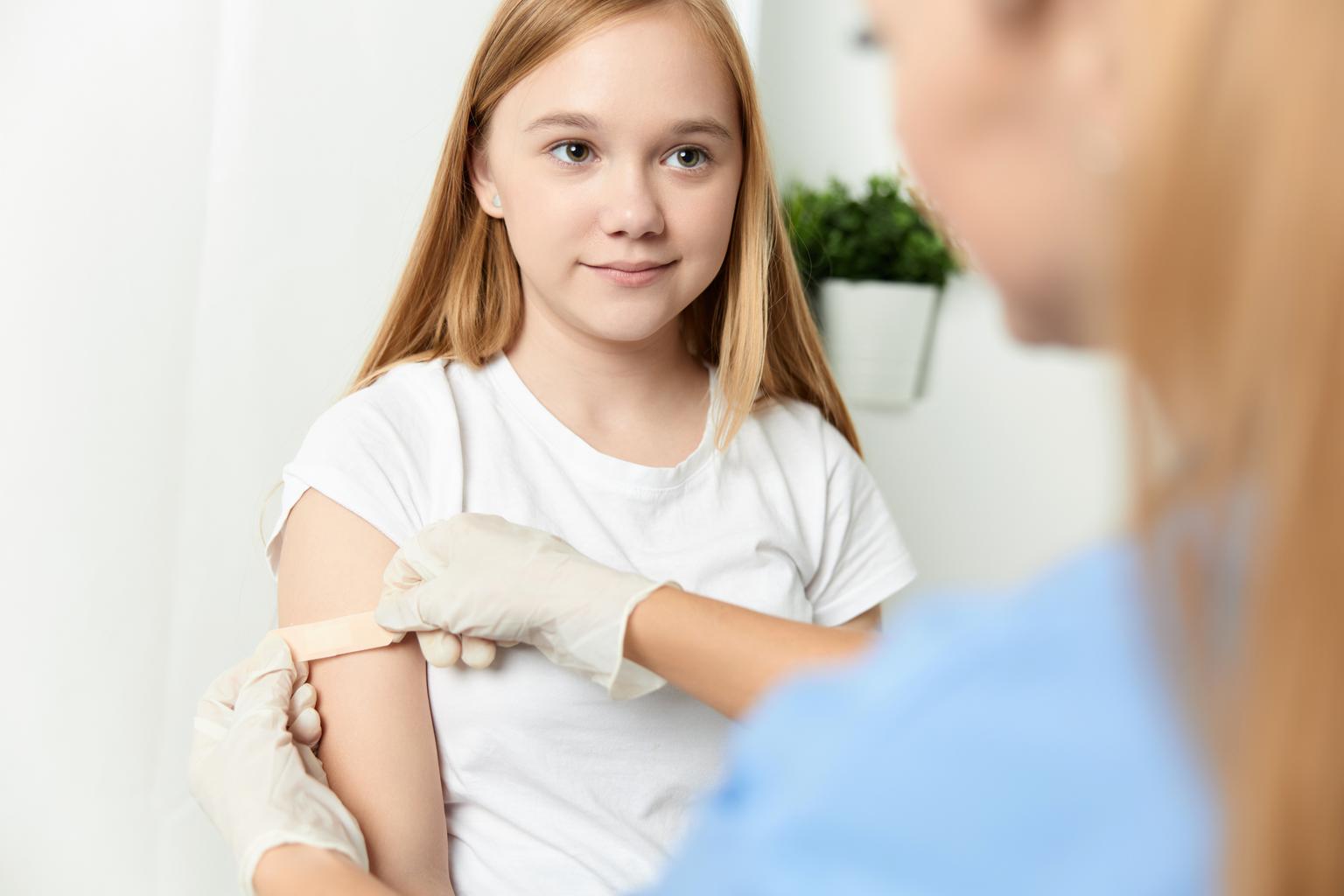That’s why the American Cancer Society changed its guidelines last year to recommend that people at average risk for colorectal cancers have their first screening at age 45. For years the recommendation had been to start regular screenings at age 50 and repeat the test every 10 years. People with a family history of colorectal cancer or a personal history of inflammatory bowel disease or polyps should get screened earlier and more frequently.
The American Cancer Society isn’t the only organization that publishes screening recommendations. The U.S. Preventive Services Task Force, among others, has not altered its recommendations that average-risk adults start screening for colon cancer at age 50, continuing through 75.
But the American Cancer Society’s move underscores a troubling trendline in the fight against cancer, one whose causes are not understood. Once age is taken into account, the American Cancer Society says, people born in 1990 have twice the risk of colon cancer and four times the risk of rectal cancer as those born around 1950, according to a large study published in the Journal of the National Cancer Institute. The most rapid gains in early-onset disease are for persons in their 20s and 30s – Millennials.
Increased risk for younger adults
Some new research published in October 2018 in JAMA Oncology found an association between obesity and onset of colorectal cancer before age 50 in women. Those with a high body mass index (over 30) had almost twice the risk of early-onset colorectal cancer compared with women whose BMI was around 20. Other known risk factors are high consumption of alcohol, cigarette smoking, sedentary lifestyle, and eating a lot of processed meat and not enough fiber.
Over the past decade, the reduction in the incidence of colon and rectal cancers in people older than 55 is probably the result of more population screening, the NCI Journal article said. The rate of screening increased from 38% in 2000 to 59% in 2013 in adults 50 and over.
The National Colorectal Cancer Roundtable has established a goal of getting 80% of adults aged 50 and older to be regularly screened for colorectal cancer. The Roundtable reported in a 2018 survey that 64% of its partner organizations increased their colorectal screening rates over the previous year.
There are a variety of screening techniques to detect colon and rectal cancers, but “by and large colonoscopy still remains the reference standard,” said Peter Bonis, MD, Chief Medical Officer of Clinical Effectiveness, Wolters Kluwer Health, Inc. “It has high sensitivity, high specificity and affords you the opportunity to remove the lesion while you are there. In the end, if you want the definitive procedure you get the colonoscopy. Only about 60% of the population gets the colorectal screening, so there’s a big opportunity.”
But patients sometimes think the colonoscopy procedure is uncomfortable or difficult, so they don’t get around to scheduling it. Or, if one is scheduled, they don’t show up, or don’t follow the recommended preparations, or don’t bring someone to drive them home afterward.
Engaging patients in colorectal screening
To get patients to schedule their procedures and then show up, properly prepared, it helps to approach them through initiatives that explain what’s going to happen and how a colonoscopy may benefit them. These might include automated scheduling reminders and educational videos that walk them through the procedure.
A recent study from the Dartmouth Geisel School of Medicine showed that patients who view an Emmi program on colonoscopy before their scheduled procedure are more likely to feel comfortable about it. The majority of patients in the randomized clinical trial reported that seeing the program reduced their anxiety. They also demonstrated greater knowledge about the procedure, required less sedation medication, and had a shorter procedure time. Most importantly, the Emmi viewers had better bowel preparation than the control group.




